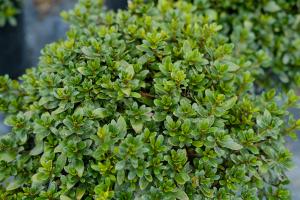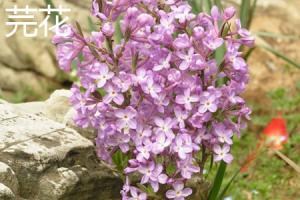Is Epsom Salt Good for Corn Plants
Epsom salt, also known as magnesium sulfate, has been used as a natural fertilizer for plants for years. Its benefits on plants are well documented, but the question remains whether it is good for corn plants. In this article, we will explore the benefits and drawbacks of using Epsom salt on corn plants.
What is Epsom Salt
Epsom salt is a natural mineral compound that is comprised of magnesium, sulfur, and oxygen. It has been used for medicinal purposes and as a natural fertilizer for plants. Epsom salt is water-soluble, meaning it can easily dissolve in water and be absorbed by plants through their roots.
Benefits of Epsom Salt on Corn Plants
One of the primary benefits of using Epsom salt on corn plants is its ability to increase the levels of magnesium in the soil. Magnesium is an essential mineral for plant growth and development. Corn plants require magnesium for the production of chlorophyll, which is necessary for photosynthesis. Chlorophyll is the pigment that gives plants their green color and is responsible for the conversion of light energy into chemical energy that plants use for growth.
Epsom salt also helps to prevent and correct magnesium deficiencies in corn plants. Magnesium deficiency in corn plants can lead to yellowing of leaves and stunted growth. Applying Epsom salt to corn plants can help to prevent these problems and promote healthy growth.
Drawbacks of Epsom Salt on Corn Plants
While there are many benefits to using Epsom salt on corn plants, there are also some drawbacks to be aware of. One of the main drawbacks is the risk of over-fertilization. Overuse of Epsom salt can lead to nutrient imbalances in the soil, which can negatively affect plant growth.
Another potential drawback of using Epsom salt on corn plants is the risk of excessive salt buildup in the soil. This can occur if Epsom salt is applied too frequently or in large quantities. Excessive salt buildup can cause soil compaction, which can hinder root growth and lead to poor plant health.
How to Use Epsom Salt on Corn Plants
If you choose to use Epsom salt on your corn plants, it is important to follow the proper guidelines to avoid overuse and potential plant damage. The recommended application rate for Epsom salt on corn plants is 1 tablespoon per foot of plant height, applied at the base of the plant. It is recommended to apply Epsom salt once every two weeks during the growing season.
It is also important to monitor the soil for nutrient imbalances and salt buildup. If you notice any signs of nutrient deficiencies or a buildup of salt in the soil, adjust your fertilization program accordingly.
Conclusion
Overall, Epsom salt can be a beneficial fertilizer for corn plants when used in moderation and according to proper guidelines. Its ability to increase magnesium levels in the soil can promote healthy growth and prevent nutrient deficiencies. However, it is important to be aware of the potential drawbacks of overuse and salt buildup in the soil. With proper use and monitoring, Epsom salt can be a valuable tool in promoting healthy corn plant growth.

 how many times do yo...
how many times do yo... how many planted tre...
how many planted tre... how many pine trees ...
how many pine trees ... how many pecan trees...
how many pecan trees... how many plants comp...
how many plants comp... how many plants can ...
how many plants can ... how many plants and ...
how many plants and ... how many pepper plan...
how many pepper plan...































